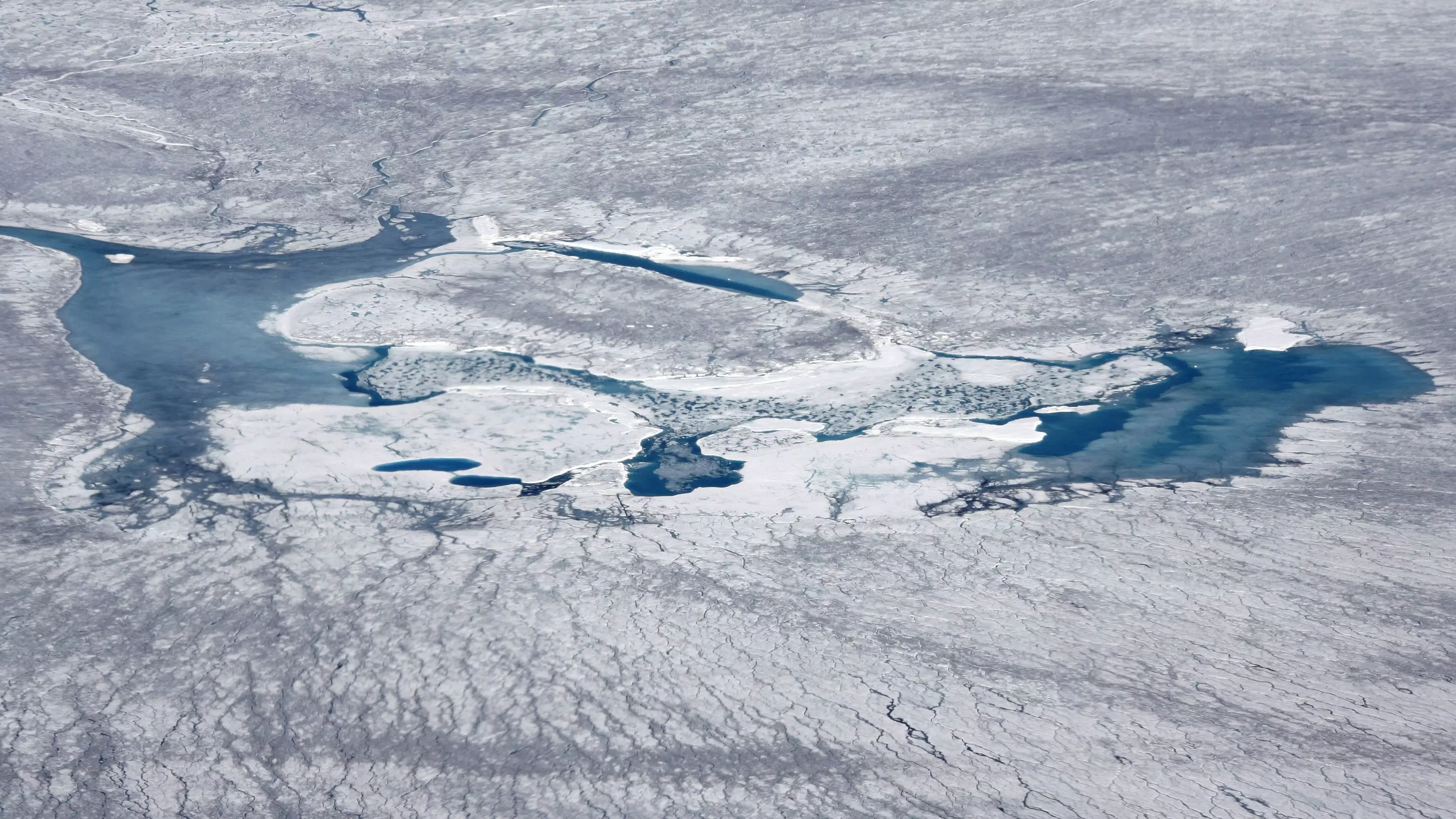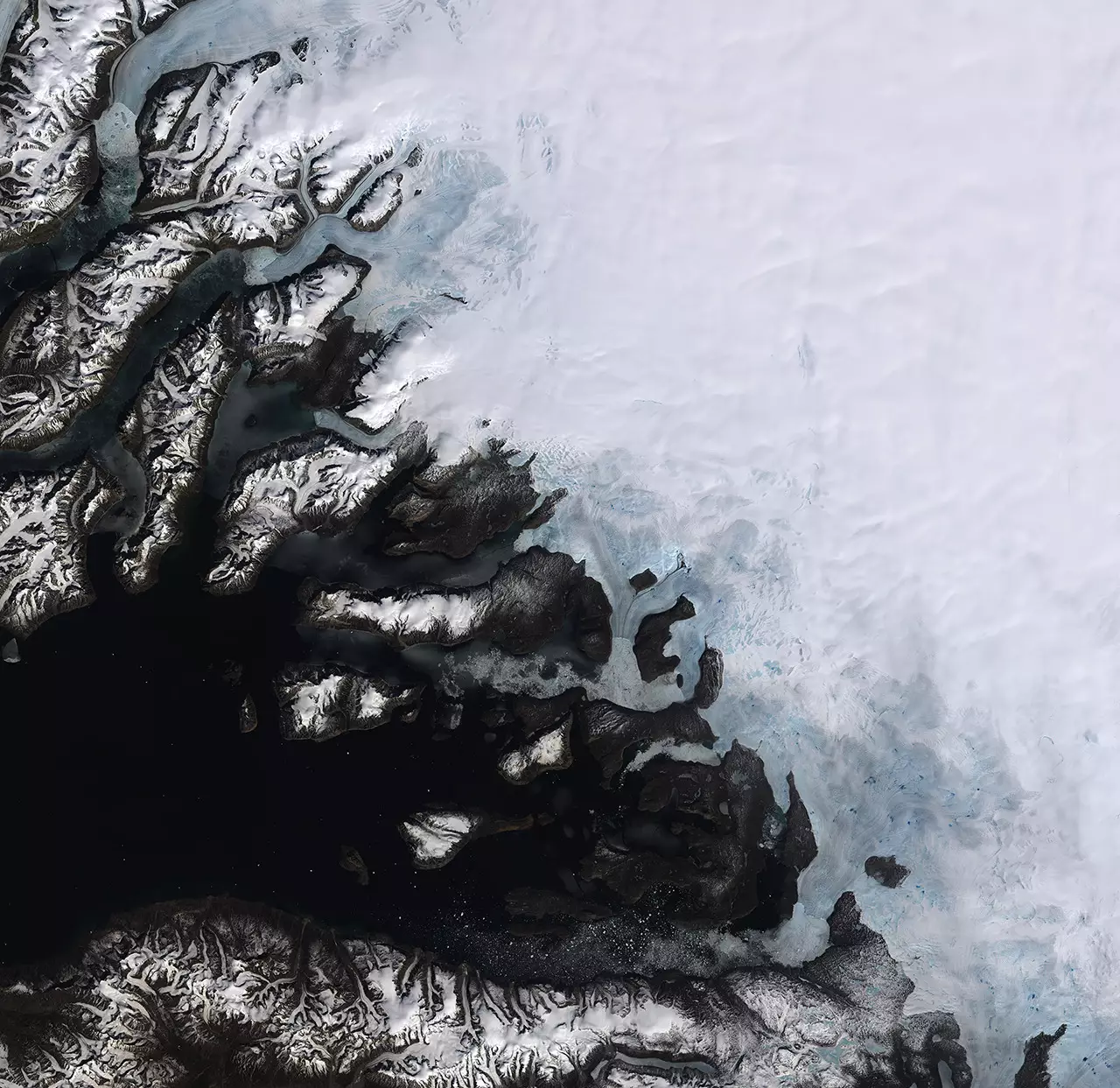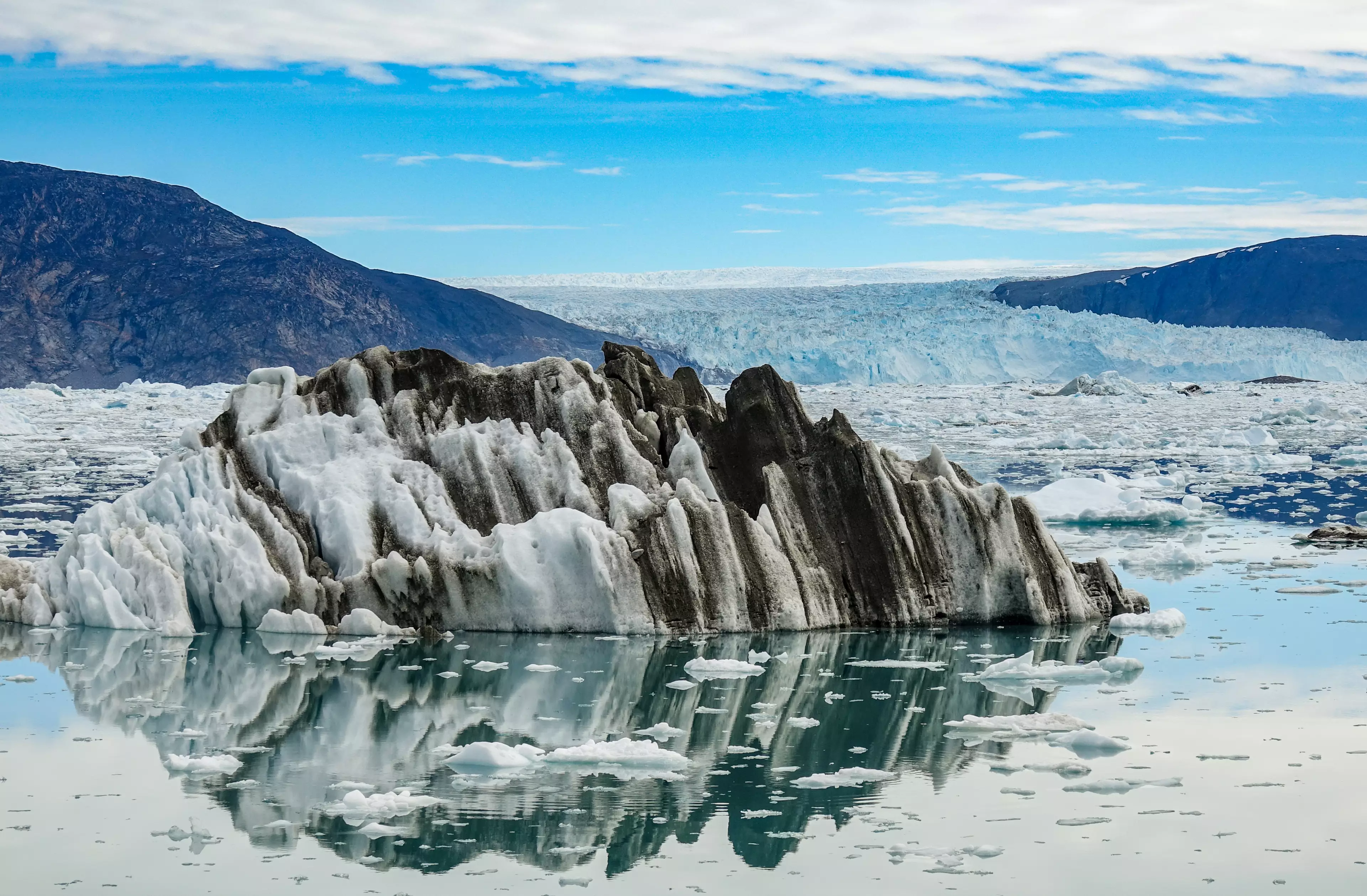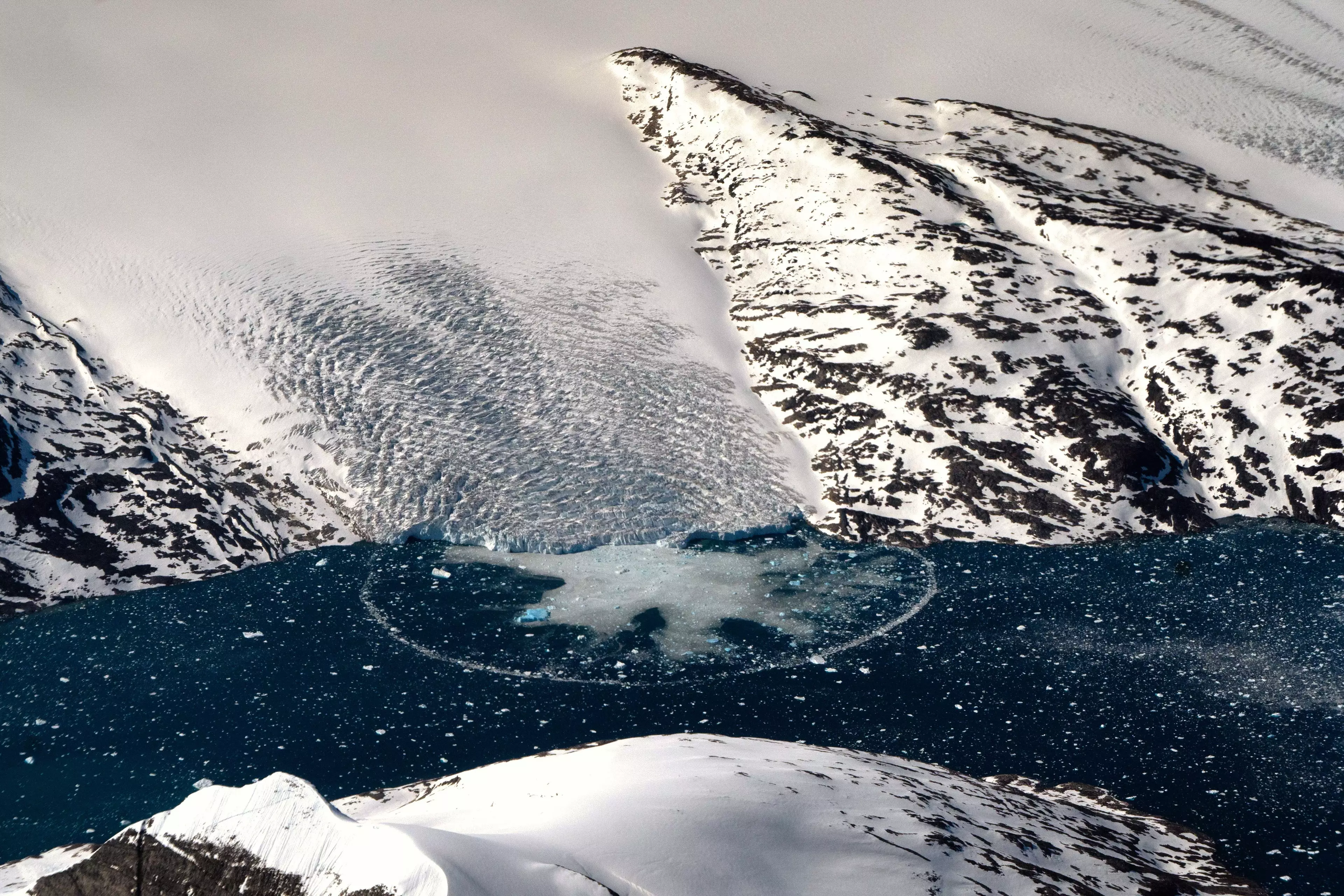
Scientists have revealed that Greenland has had a record-breaking amount of ice loss and, as you can imagine, that is not a good record to break.
Researchers say that the scale of the melt was 'unprecedented' in records dating back to 1948.
The paper states how GRACE-FO (Gravity Recovery and Climate Experiment - Follow On) satellites were used to measure the mass losses.

Between 2003-2016, the Greenland ice sheet was one of the largest contributors to sea level rise, as it lost about 255 gigatonnes of ice per year. This slowed down in 2017 and 2018 to around 100 gigatonnes a year.
Advert
The research states: "We find that this reduced ice loss results from two anomalous cold summers in western Greenland, compounded by snow-rich autumn and winter conditions in the east."
Then in 2019, the GRACE-FO revealed a return to high melt rates leading to a mass loss of 223 ± 12 Gt (gigatonnes) month−1 during the month of July alone, and a record annual mass loss of 532 ± 58 Gt yr−1.

Rod Downie, Chief Polar Adviser at WWF, said: "What is happening in the Arctic is nothing short of a crisis. The ice is melting in record quantities, in an Arctic that has already warmed more than twice the global average.
Advert
"What happens in the Arctic doesn't stay in the Arctic. It's on the UK's doorstep and it affects the entire world. Ahead of the Glasgow climate summit next year the UK must show leadership; we must raise our environmental ambitions and lower our emissions- before it is too late."

Earlier this month, Ohio State University scientists claimed that Greenland's ice sheet may have melted past the point of no return.
The scientists studied 234 glaciers in the Arctic territory for 34 years until 2018 and found that the ice in Greenland is likely to disappear regardless of how quickly we try to reduce emissions.
Advert
If the ice does disappear then the water from it would be expected to push the sea levels up by around six metres which is enough to swamp many coastal cities around the world, Sky News reports.
Michalea King, the lead author of the study and researcher at Ohio State University explained: "There's a lot of places, like in Florida especially, where one meter alone would cover a lot of existing land areas.
"And that's exacerbated when you get storms and hurricanes and things like that, that then cause extra surge on top of a higher baseline."
Featured Image Credit: PATopics: Global Warming, climate change, News